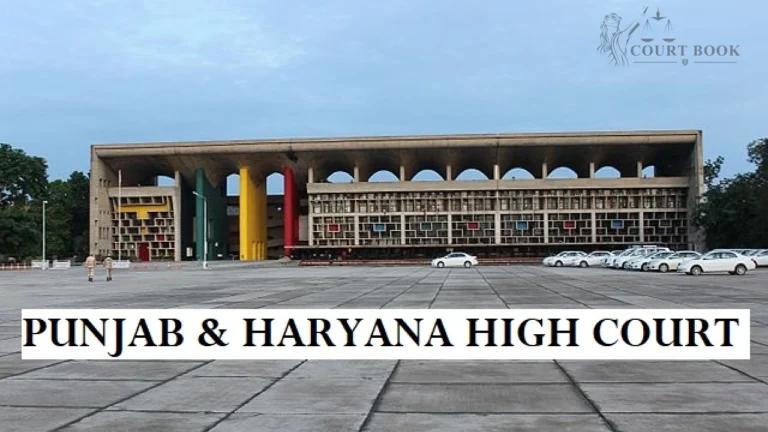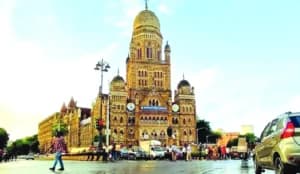In a significant ruling that clarifies procedural norms for seeking bail, the Punjab & Haryana High Court has delineated the circumstances under which an accused can directly approach it without first moving the Sessions Court. The judgment, delivered by Hon’ble Mr. Justice Sumeet Goel, balances the statutory right of an accused to liberty with the principles of judicial propriety and hierarchy.
The court was hearing a regular bail petition filed directly before it by an accused in a CBI case registered under the Prevention of Corruption Act. The central legal question was whether an accused has an unfettered right to bypass the lower court and approach the High Court straightaway under Section 439 of the CrPC (Section 483 of the new BNSS, 2023).
The court affirmed that the language of the law is clear: both the High Court and the Court of Session have concurrent jurisdiction to grant regular bail. There is no statutory bar that forces an accused to first go to the Sessions Court.
However, the judgment crucially distinguishes between what is legally maintainable and what is procedurally desirable. Justice Goel emphasized that while the petition is maintainable, the existence of concurrent jurisdiction does not create an "indefeasible right" for an accused to choose the forum at their whim.
Read also:- Rajasthan High Court Reinstates Constable, Stresses Mandatory Written Reasons for Dispensing Inquiry
The ruling establishes that the Sessions Court should ordinarily be the first port of call. This practice is rooted in practical and jurisprudential reasons: geographical accessibility, easier production of case records like diaries and charge sheets, and allowing the High Court to benefit from a reasoned order if the lower court denies bail.
"An accused ought to ordinarily approach Sessions Court, in the first instance... Exceptional circumstances must necessarily be shown to exist in justification of the High Court being approached directly."
The court declined to provide an exhaustive definition of "exceptional circumstances," stating it depends on the unique facts of each case. Factors could include a tangible threat to the accused at the local level, complex questions of law, or other compelling reasons that make approaching the Sessions Court unfeasible.
In the specific case, the court entertained the direct plea due to its "peculiar factual matrix." A related writ petition by the same petitioner and a bail plea by a co-accused were already pending before the High Court. Relegating him to the trial court at that stage would have caused delay and potential inconsistency.
Ultimately, the court granted bail to the petitioner, an Income Tax officer, noting the investigation was complete, the trial would take time, and there was no indication he would flee or tamper with evidence. The decision reinforces that bail is a rule and jail an exception, but the path to securing it must respect the structure of the judicial system.
Case Title: Dr. Amit Kumar Singal vs. Central Bureau of Investigation
Case Number: CRM-M-42377-2025 (O&M)















